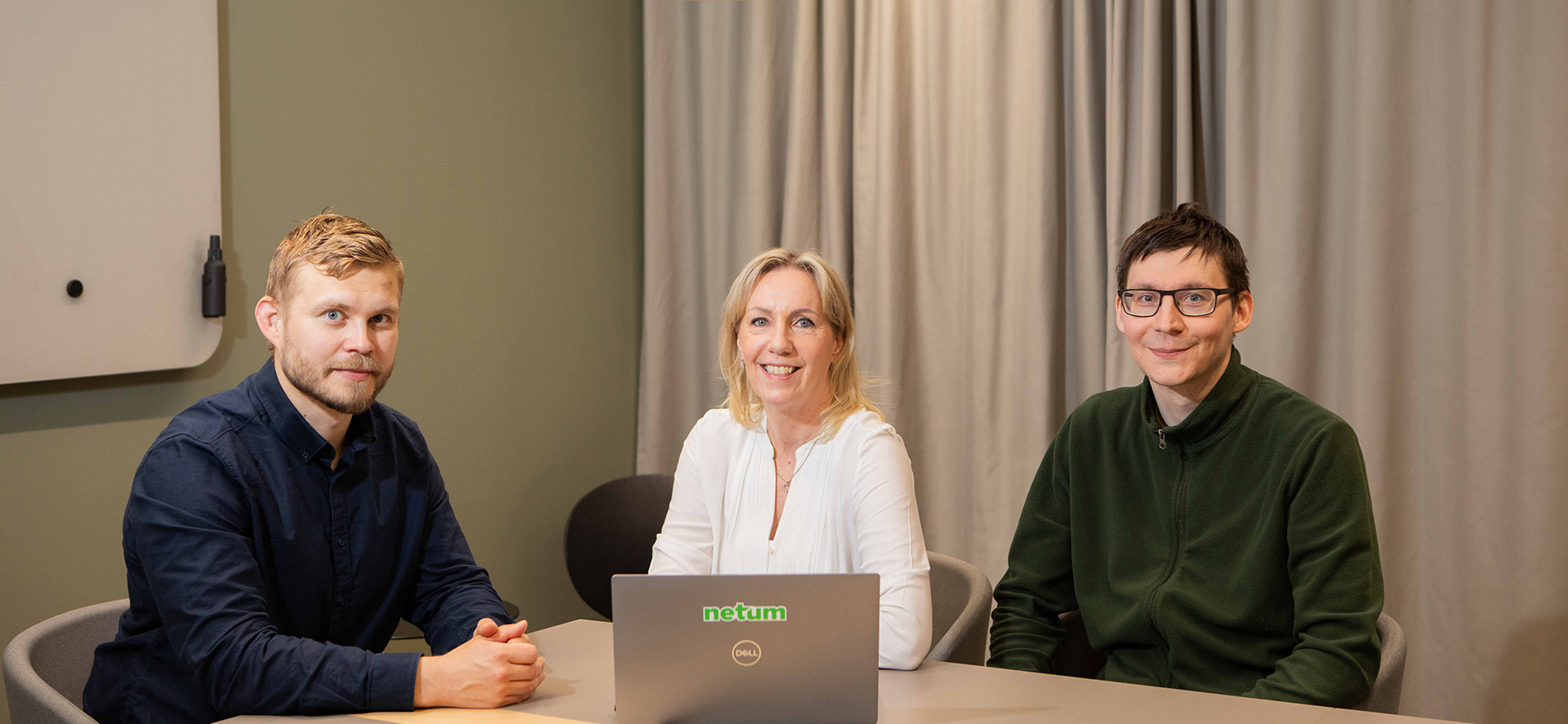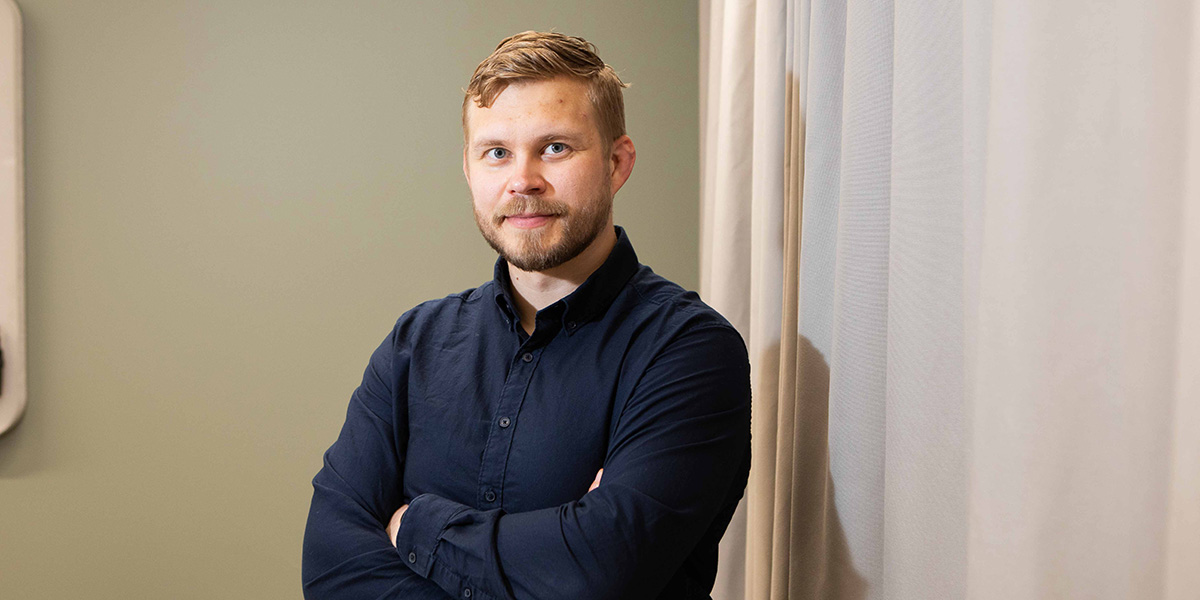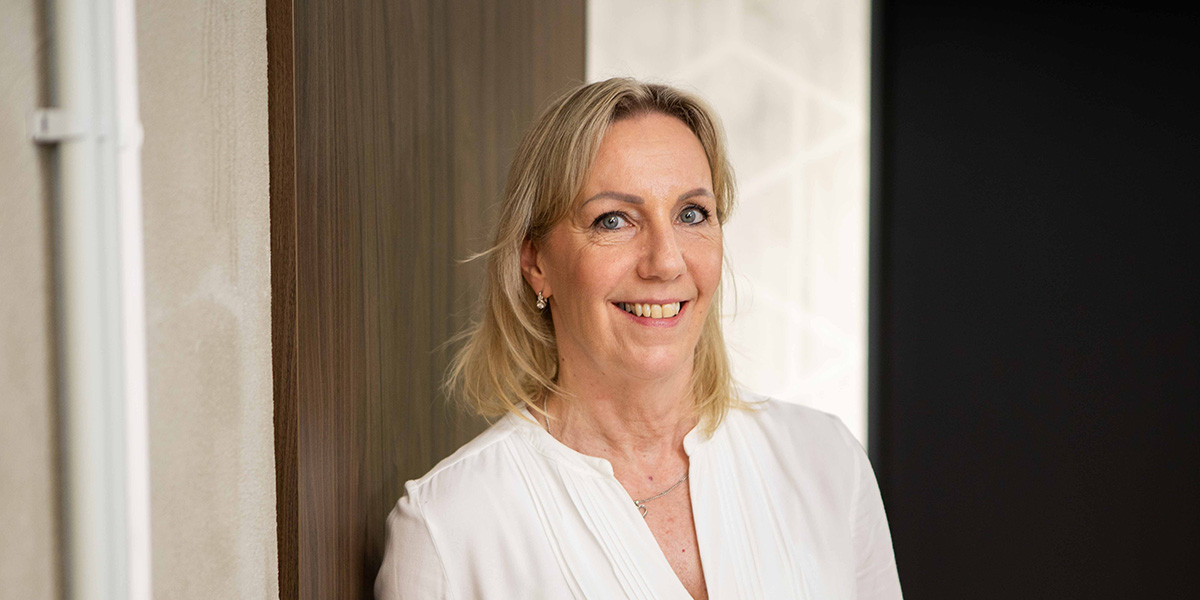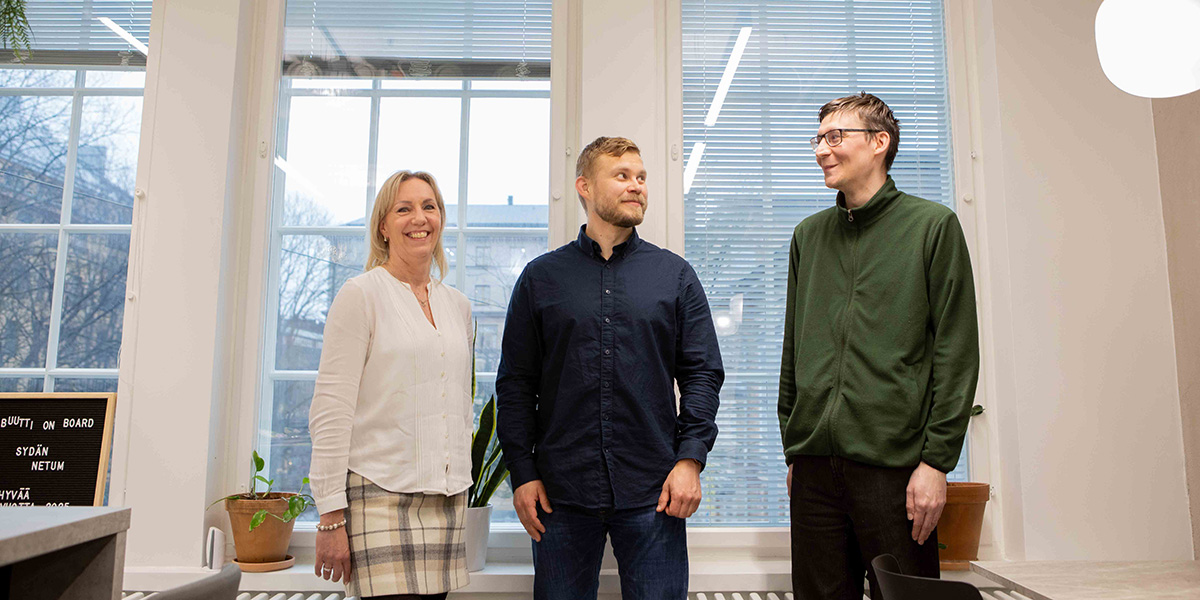
TE-Digi saw the light of day – the largest information system reform in the history of employment services in Finland in the final stages
Netum is one of the core partners in the TE-Digi project carried out for the KEHA Centre to reform the customer information systems of employment services. A multi-vendor project with more than 15 teams and nearly 200 experts will build an agile information system that will make the everyday life of thousands of employment officials and up to half a million job seekers easier.
The turn of the year marked a historic change for the KEHA Centre, which is responsible for the digitalisation of employment services, as employment services were transferred from the state to the municipalities. Only a little earlier in October, TE-Digi’s largest single system deployment had been successfully completed. Specialists’ Job Market Finland is now the primary customer information system of the employment authorities, and the use of official services by job seekers has been transferred to the new Job Market Finland service.
Matias Vainio, head of the information systems development services unit at the KEHA Centre, summarises that the deployment of TE-Digi means a transition from “an old data centre solution to a modern cloud service.”
- From the perspective of job seekers, the reform will provide direct benefits to support employment. Now, job seekers can contact both the local employment authorities and publish their job search profile for viewing by employers in Job Market Finland. With AI features, job seekers can more quickly find job recommendations that are tailored directly to their job search profile. Similarly, the employer receives suggestions for the most suitable job seekers based on the published job search profiles," Vainio says.
Olli-Pekka Surakka, Product Manager at the KEHA Centre, who is responsible for developing the Specialists' Job Market Finland service, emphasises that the reform will provide benefits not only to job searches, but also to decision-making at many different levels.
- The employment office can use higher-quality data when serving job seekers. Automatically generated statistics also make it possible to better understand the factors influencing the employment situation in municipalities and at the state administration level and make wiser decisions on employment-related matters," Surakka says.

Matias Vainio, head of the information systems development services unit at the KEHA Centre
A system that serves employment
The TE-Digi information system reform began in 2017. Netum has played a significant role in the multi-vendor project: Netum had already earlier developed an integration solution and a data transfer solution for the KEHA Centre and has been a key developer of TE-Digi. With the deployment of TE-Digi in January, 80% of the old system has been replaced, and the old system will be completely discontinued in May 2025.
The ultimate goal has been to modernise the thirty-year-old systems into agile and technically flexible solutions that serve the current legislation and no longer suffer from the weight of the more rigid legacy systems. The project has been managed by using the SAFe method, where the project has independently operating sub-teams, all aiming for a common goal.
Ville Viljanen, Netum’s senior expert who was a team lead in the project, describes the project as exceptional in scope.
- "When I joined the company in 2019, Netum’s TE-Digi application development team consisted of six people, and it has now grown to a couple of dozen. The level of complexity of the project is in a class of its own, because no one has the know-how related to TE services. Instead, you have to learn to master the massive topic by yourself. The limits of our expertise have not yet been reached, as Netum has professionals on such a large scale that we have always been able to pick the right person to help," Viljanen says.
According to Viljanen, the focus of the new solution has been shifted from an “employment and economic development service desk” to the system being able to help the user with automated functions, among other features.
- "From a technical perspective, the system’s service orientation is now in a different universe from what it used to be. This does not only help the employment officials, but also job seekers and Kela and unemployment funds' experts – that is, almost all of Finland," Viljanen says.

Ville Viljanen, Netum’s senior expert and a team lead in the project
Meaningfulness drives forward
Marja Elovainio, who served as a Scrum Master in the project, says that the project was significant for the career development of every Netum employee involved. "Projects of this scale do not take place even every decade in Finland.
- "For many of us, TE-Digi has been the biggest effort of our careers and a huge learning experience. Disciplined work has been combined with a great sense of meaning when it has been possible to reform employment services and, thereby, have a positive impact on our society," says Elovainio.

Marja Elovainio, a Scrum Master in the project
The people at the KEHA Centre also say that the extensive impact of the project motivates them to work. TE-Digi is the most extensive system reform in the history of the government in Finland.
- "The fundamental aim of the system reform is to improve the employment rate, which is the cornerstone of the welfare state. From an individual's point of view, employment also brings a huge amount of meaning to life," Vainio says.
The KEHA Centre is already strongly focused on May, when a goodbye will finally be said to the old system. This will allow TE-Digi’s AI and technology capabilities to be fully utilised and the focus to be turned towards a continuous release model. It has been a pleasure to work with Netum, and the partnership continues in development work.
- "I only have good things to say about Netus. Netum is a professional partner whose experts work with a collaborative and solution-oriented approach. Even though there are different vendors in the teams, we are all one TE-Digi family, and we don't always notice the organisational boundaries at all," Surakka says.
Netum’s Elovainio describes the cooperation with the KEHA Centre as straightforward. Open communication and humour have helped to overcome even difficult situations – and working together will overcome obstacles going forward, too.
-"We are allowed to be open-minded on both sides, and humour has always been present. There is still a lot of development work to be carried out, and there will also be legislative amendments in due course, which the systems will have to respond to. We are looking forward to continuing to help the KEHA Centre," says Elovainio.
